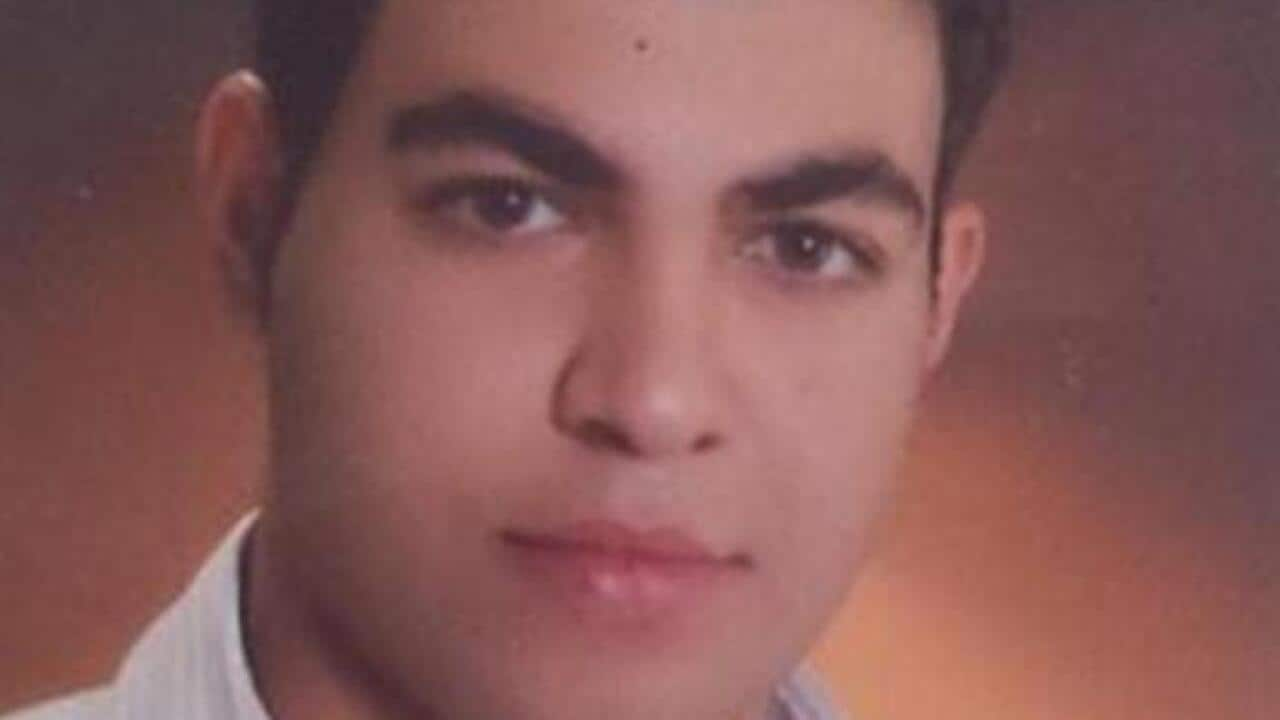A Queensland coroner’s inquest into the death of Iranian asylum seeker Hamid Khazaei resumes on Monday, after hearing evidence late last year of poor health facilities on Manus, unwritten medical emergency policies and bureaucratic aversion to moving patients to Australia for medical care.
The 24-year-old was admitted to the Manus medical clinic with a fever and small leg infection on August 23, 2014 and passed away, brain dead with fatal blood poisoning (sepsis), in Brisbane 13 days later.
During two weeks of hearings in 2016, coroner Terry Ryan heard Mr Khazaei died a slow and agonising death caused by delays in transferring him to Brisbane from the Australian-run, off-shore detention centre on Manus Island in Papua New Guinea.
Shortly before Mr Khazaei’s death, then immigration minister Scott Morrison, who has not been called to give evidence, lauded the “outstanding” health care for detainees on Manus.
Sepsis can be successfully treated with antibiotics.
Coroner Ryan will hear evidence from ten witnesses including Dr Paul Douglas, then immigration department chief medical officer and staff from contractors International SOS and International Health and Medical Services (IHMS).
The inquest is investigating conditions for detainees at the Manus detention centre, if adequate health care was given to Mr Khazaei and if the immigration department had adequate policies to deal with off-shore medical emergencies.
Bureaucrats in Canberra were notified by doctors on Manus on August 25, 2014 that Mr Khazaei’s condition was worsening because of his leg infection and he should be put on the next commercial flight to Port Moresby.
Their report stated they had “exhausted all antibiotic treatment available on Manus” and “there was a risk of the infection spreading, leading to sepsis - life-threatening widespread systemic infection”.
The immigration department’s former Canberra-based director of detention health operations Amanda Little told the inquest when she finally read the email it “did not paint a picture of urgency”.
Other immigration and border protection staff who gave evidence defended the policies in place to deal with medical emergencies and cited the need to upwardly refer decisions, through up to five levels of bureaucrats.
When approval to move Mr Khazaei came almost 24-hours after being requested, he was too sick for a commercial flight.
Almost 12 hours later he boarded an air ambulance to Port Moresby, when doctors on Manus wanted him transferred straight to Brisbane.
At a Port Moresby Pacific International private hospital he suffered multiple heart attacks before finally being moved to Brisbane’s Mater Hospital on August 27.
Mr Khazaei never regained consciousness and on September 5 and his family in Iran gave permission for his life support to be turned off and that his organs be donated.
Evidence given last year included that Mr Khazaei was not given prescribed medication, the Manus clinic was unhygenic and lacked functioning equipment, the pharmacy had run out of medication, and he was left lying on the Manus airstrip unsheltered and unsedated in the sun waiting to be medivaced.
“He was the most awful colour I’ve ever seen a human being. He was sort of a grey-purple colour,” Dr Marten Muis, a temporary senior medical officer on Manus, told the inquest.
“I’ve never seen anybody deteriorate that fast.”
Witnesses told how their requests for Mr Khazaei to be flown out were ignored, overruled or went unanswered, until it was too late, by Australian bureaucrats with no medical training.
“The policy was to provide medical care as much as possible to people in these situations and provide first-world care, but there as a pressure regarding finances and budgets of doing air ambulance evacuations… and for people to travel to Australia,” Dr Stewart Condon, a former employee of International SOS, the company contracted by the department to medivac patients from Manus.
“We knew that there was political pressure in the department.
“The policies existed and were understood, but the weren’t necessarily written down.”
Mr Khazaei arrived on Christmas Island in August 2013, just after the Rudd Labor government re-established off-shore processing for all asylum seekers arriving by boat.
In April last year the PNG Supreme Court ruled the Australia-run, off-shore, regional processing centre was illegal, breached the country's constitution and must be shut down. It continues to operate.
The inquest is scheduled to run for up to two weeks.










